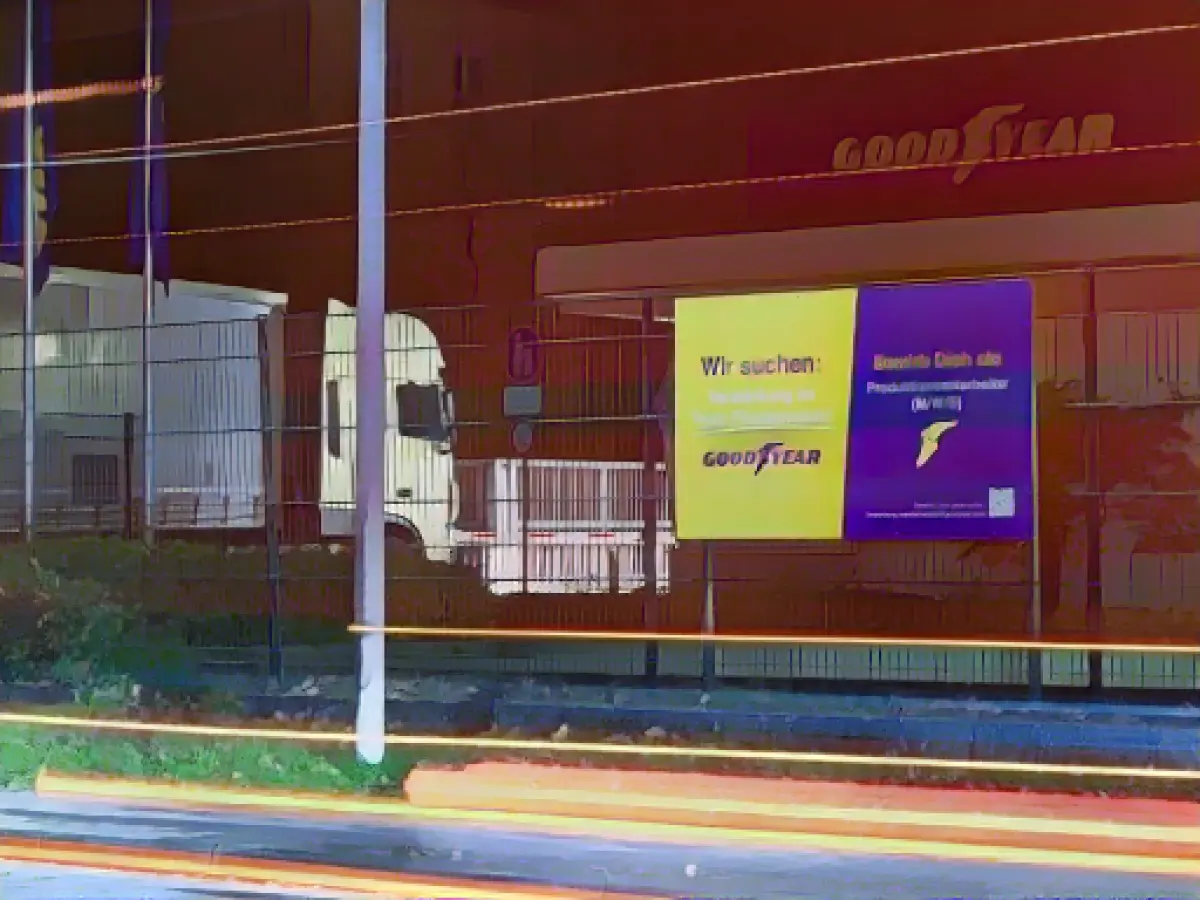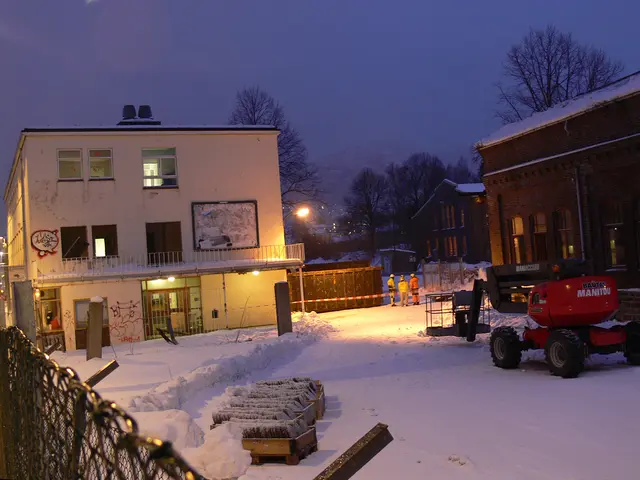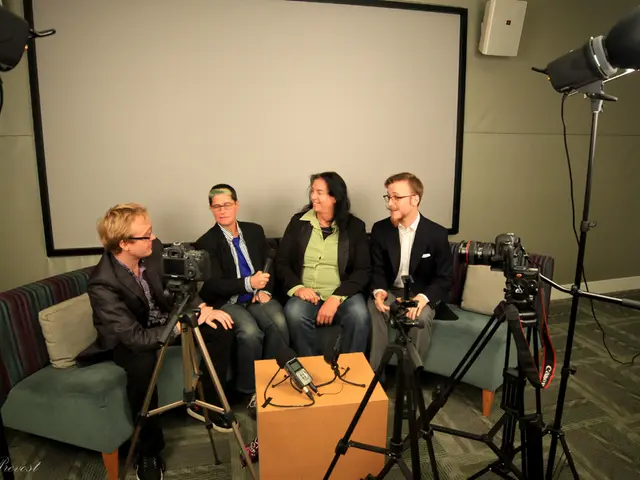Protesting Goodyear's Closure Plans: IG BCE Takes Action
The IG BCE trade union isn't about to let Goodyear close its tire production plant in East Brandenburg without a fight. They've announced plans for protest actions and are seeking alliances to preserve tire production in Fürstenwalde. A day of action is scheduled for November 24 at the Federal Ministry of Finance, and the union is urging political support to secure industrial jobs in Fürstenwalde, Fulda, and beyond.
Goodyear has plans to phase out tire production at the Fürstenwalde site by the end of 2027, leading to the expected loss of 750 jobs. The plant's mixing facility, where rubber compounds are produced, will remain operational. This news came as a major shock to the union, and Brandenburg's Economics Minister Jörg Steinbach (SPD) also intends to intervene.
Fulda's plant is also set to close by the end of September 2025, resulting in the loss of 1050 jobs. Goodyear described this as a difficult but necessary decision due to overcapacity and persistent inflationary pressure from cheap imports from Asia.
How to Preserve Jobs and Material Supplies
To keep these plants open and maintain industrial jobs, the IG BCE union and German politicians can employ several strategies.
- Collective Bargaining: The union should negotiate with Goodyear management to explore cost-saving measures, technological investments, and other strategies that could make the plants more competitive and sustainable.
- Government Support and Incentives: Political incentives, tax breaks, or subsidies could help Goodyear maintain operations in Germany. Investments in research and development, training programs, or environmental initiatives are options to consider.
- Job Retention and Training Programs: Collaborate on job retention and training programs to retrain workers for new roles within the company or related industries.
- Supply Chain Diversification: Diversify the supply chain, increasing support for local suppliers, investing in domestic raw material production, or exploring alternative materials for reduced dependence on imported resources.
- Public-Private Partnerships: Form partnerships with local businesses, research institutions, or international partners to explore innovative solutions and resources.
- Environmental and Social Responsibility: Invest in sustainable practices, reducing carbon footprints, and ensuring fair labor conditions to build support from public and private sectors.
- Community Engagement: Organize public forums, town hall meetings, and events to build public support for preserving jobs and industries.
- Regulatory Support: Advocate for regulatory policies favoring the automotive industry, such as trade policies, tax incentives, or regulations supporting sustainable manufacturing practices.
- International Cooperation: Explore international collaborations to find common solutions with other European countries or industry leaders.
By using these strategies, the IG BCE union and German politicians can work together to create a comprehensive plan for preventing the closure of Goodyear's tire production plants in Fürstenwalde and Fulda, ensuring the preservation of industrial jobs and necessary material supplies.
Source:
[1] Enrichment Data: This section is integrated directly into the base article to provide additional insights and strategies for saving the plants and maintaining industrial jobs, while ensuring a stable supply of necessary materials for tire production.






